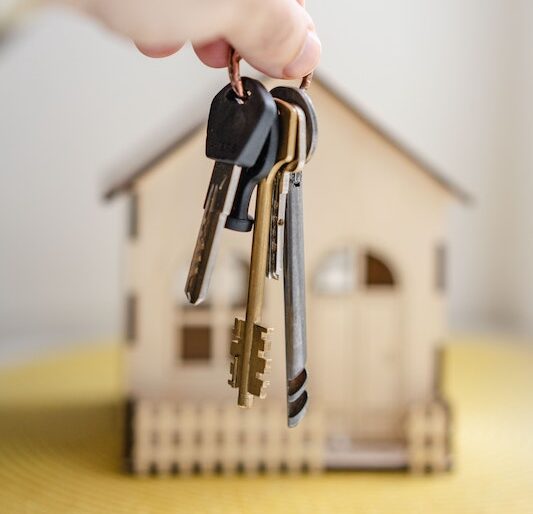
One thing a mortgage shopper wants is the security that they won’t be under pressure to pay back more than they can afford. Fixed rate mortgages are considered the best in this regard considering they allow takers to enjoyed fixed interest amounts to be paid for a set term mostly from 2 to 5 years.
Interest rate generally refers to the cost of accepting a loan and the more the interest, the more expensive and demanding the loan is. Fixed rate mortgages are a unique system of fixing interest rates allowing borrowers to budget for payments beforehand without affecting their personal budgets or facing rising interest rates every time.
Perfect way of securing yourself

The thought of missing a payment and facing the threat of losing your home or property isn’t pleasant. Fixed rate mortgages give you some much-needed security in mortgage repayments. If the economy changes for whatever reason and rates go up, there’s absolutely no worry on your part. You won’t have to part with more money at all.
Generally, a fixed rate mortgage doesn’t exceed 2-5 years. Knowing the specific amount you need to pay every month makes this type of mortgage one of a kind and highly popular anywhere. However, before you get down to accepting the terms of a fixed rate mortgage, you might want to ensure you have the most ideal mortgage suitable for you.
Do avoid falling for the most expensive fixed rate mortgage by shopping widely and comparing different mortgage deals available. Mortgages are no different from electronics, furniture or property. Shop around and take home the best deal.
Reversion rate period
It’s worth noting that fixed-rate mortgages won’t be affected by changes brought about by fluctuations in Bank of England base rate. The only time the payments change is when you alter the fixed rate mortgage terms or fail to pay up within the expected time. After the period of the fixed rate has ended, which can be anything from two to five years, the rate will return to a reversion rate.
The standard variable rate will be the new normal where the lender will transfer you automatically once the fixed rate period is over. The standard variable rate is expensive considering the lender will be the one setting the interest rate and hardly fixed. They fluctuate so much, and the customer has no idea what they might be paying next time.
To avoid paying more for your loan after the end of the fixed rate period think about re-mortgaging afresh through another lender or the same provider. You can also request the lender for another fixed rate arrangement.
Do some due diligence
You shouldn’t sign up for a fixed rate mortgage immediately without carrying out due diligence. Perhaps the best time to seek a fixed rate is when the base rate set by the Bank of England is expected to rise way above the fixed rate deals before you. The margin should be significant enough that the fixed arrangement is the perfect value for your money.
Even so, it’s never easy to predict changes in interest rates. Lenders would already have changed the fixed rates to reflect what they believe would be the new base rate, which might not end up as predicted. However, if you don’t take action in time, you could end paying more in the long run.
Think about the security that comes with knowing beforehand the amount you need to pay every month while having knowledge of how rates fluctuate and the fact that you could actually end up parting with more.
When the fixed rate makes sense
Always remember if you plan to shop for fixed-rate mortgages once the base rate set by the Bank of England has increased you’re not guaranteed of any good offer. Research indicates that fixed-rate deals are usually withdrawn fast once the base rate has gone up, particularly most of the best low rate ones.
Fixed rate mortgage makes sense if your budget is always tight and would like to have an idea of your monthly mortgage repayments beforehand. If you’re sure your income and living situations won’t change then a fixed rate can give you peace of mind.
Do you foresee remaining in the same property without a decrease in your income in the set fixed rate period? If so, then consider a fixed rate mortgage. Those anticipating changes in their lives should think about other deals such as variable rate mortgages or short-term fixes until they feel secure enough.






